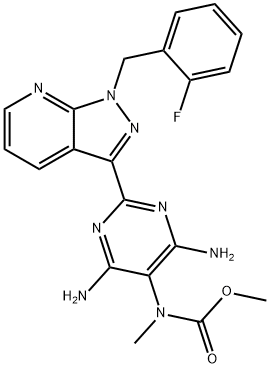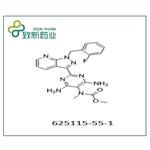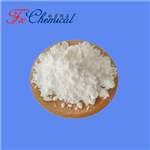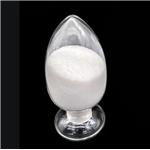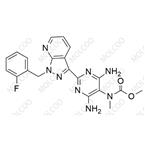In September 2013, Health Canada approved riociguat (also referred to as BAY 63-2521), for the treatment of patients with chronic thromboembolic pulmonary hypertension (CTEPH) after surgical treatment or inoperable CTEPH and for the treatment of adults with pulmonary arterial hypertension (PAH). Riociguat has a dual mode of action and works by (a) sensitizing sGC to the body’s NO by stabilizing NO–sGC binding and (b) an NO-independent, direct stimulation of sGC via a different binding site. This process restores the NO–sGC–cGMP pathway and leads to increased generation of cGMP with subsequent vasodilation.
Headache, dizziness, dyspepsia/gastritis, nausea, diarrhea, hypotension, vomiting, anemia, gastroesophageal reflux, and constipation were the most common adverse events ( 3%) observed during riociguat clinical trials. Riociguat comes with a black box warning for embryo-fetal toxicity.
